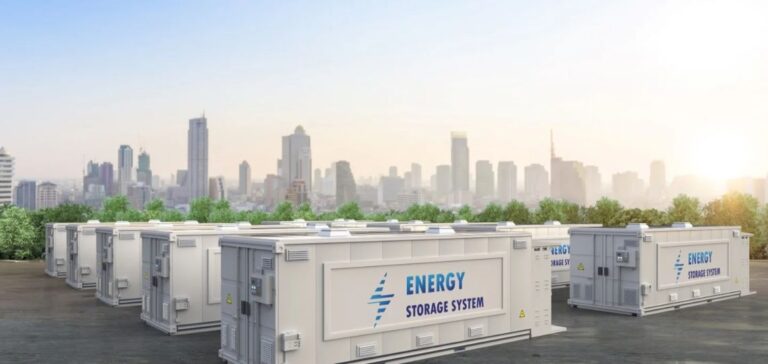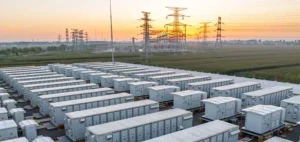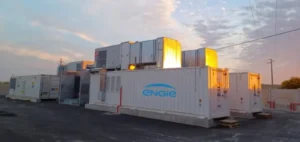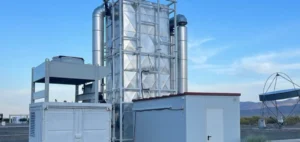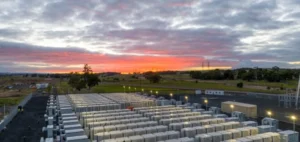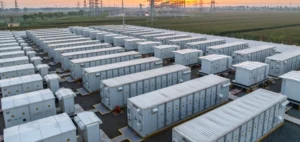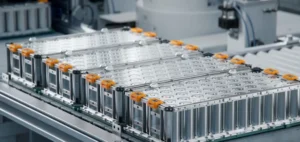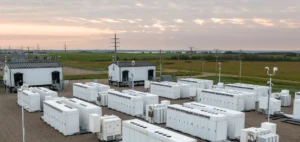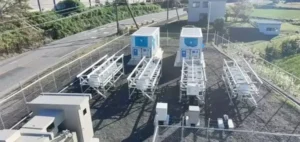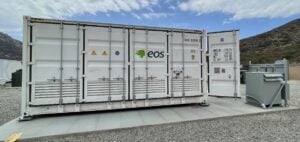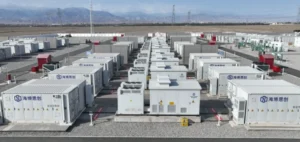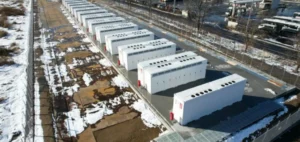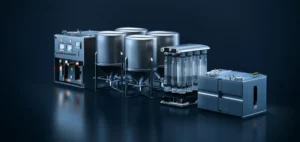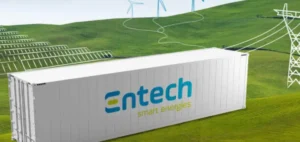Copenhagen Infrastructure Partners (CIP), through its fifth flagship fund CI V, has entered into a partnership with Italian company GC Storage Services (GCSS) to develop a portfolio of battery storage projects totalling 2.3 gigawatts. This collaboration targets large-scale facilities spread across the industrial north and more rural south of Italy, with the first project expected to begin construction in 2025.
Strengthening position in European storage
CIP thereby adds a new strategic market to its portfolio, which already includes the United Kingdom, United States, Chile and Australia. The Italian market, supported by a favourable regulatory framework, aligns with CIP’s strategy of investing in critical infrastructure in Organisation for Economic Co-operation and Development (OECD) economies. The company anticipates Italy will become one of Europe’s leading battery markets, responding to grid stability needs and 2030 energy transition targets.
Long-term revenue from the Capacity Market mechanism—focused in northern Italy—and MACSE (Mechanism for the Acquisition of Electricity Storage Capacity) tenders in the south form the economic foundation of this pipeline. These incentives enable developers to secure predictable cash flows and attract capital into an emerging energy storage environment.
A partnership built on complementarity
GCSS was established by Ikigai Energy and Italian firm Agnoli Giuggioli (AG) to create an operational platform focused on large-scale storage. According to Roberto Castiglioni, Chief Executive Officer of GCSS, the combination of UK battery expertise and AG’s knowledge of the Italian regulatory landscape enables the targeting of strategic sites and the development of bankable assets.
CIP’s CI V fund, closed in March 2025, raised more than EUR12bn, exceeding its initial target. It has already allocated 60% of its capital through six final investment decisions. This rapid deployment reflects CIP’s intent to secure large-scale projects and generate value early in the fund’s lifetime.
A model replicable across other European markets
CIP’s participation in battery projects on the European continent reflects its expansion strategy into underdeveloped segments deemed essential for balancing renewable-heavy power systems. The partnership with GCSS paves the way for replication in other countries with similar mechanisms and growing demand for flexibility solutions.


